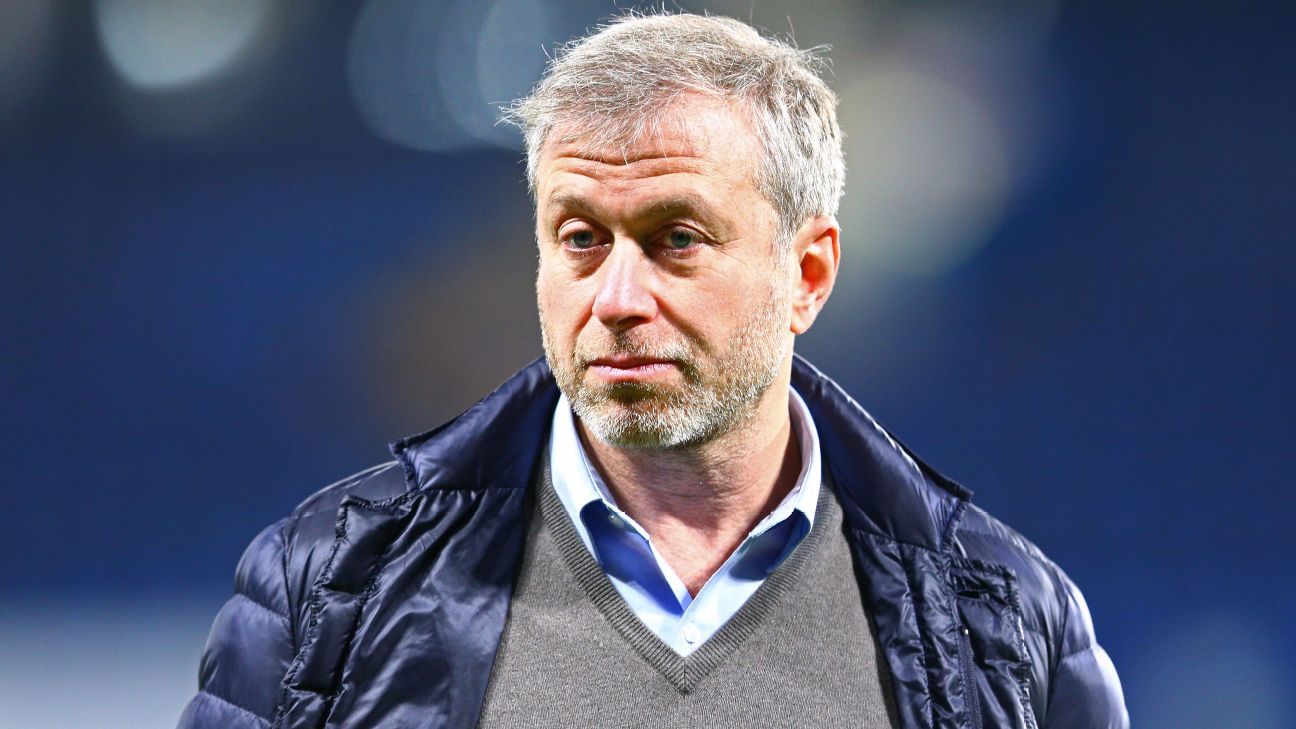
ORLANDO, Fla. – Adam Scott has had a temperamental relationship with the World Golf Championship events over his lengthy career, which makes him a good source for how their perception on Tour has changed over time.
Scott was still a few years away from turning pro when the WGCs began in 1999, but he has seen them evolve and shift in the years since. It’s a big reason why he skipped the WGC-Mexico Championship in 2018 and '19, and why his return to the WGC-Dell Technologies Match Play later this month will be his first appearance since 2016.
What some view as can’t-miss events, Scott perceives as optional – and he’s not alone in that sentiment, given that eight players skipped Mexico City last month. According to Scott, the Tour’s more global reach and feel is a significant factor.
“There are many factors that are different than 20 years ago when (the WGCs) started,” Scott said. “The PGA Tour had far less international events 20 years ago, they have a lot more now. It was much harder to get the world’s top players together. Most of the world’s top players play on the PGA Tour as PGA Tour members now.”
Scott is one of the headliners this week at the Arnold Palmer Invitational, which boasts one of the two strongest fields this year outside the WGCs. The other, the Genesis Invitational, was one that Scott went on to win.
Scott noted that the lines have begun to blur between elevated-status events like Bay Hill and Riviera and WGCs among the Tour’s top tier, especially with the recent addition of no-cut events in Asia each fall. He also believes that there have been “some levels of compromise” among the WGCs, specifically with recent changes to venues, dates and format.
But with players often relying on their scheduling flexibility and passing up some WGC starts with guaranteed money, Scott believes it all boils down to dollars and cents.
“They were significantly more money; now everything is a lot of money,” he said. “I don’t think they are doing the same as what they did 15 or 20 years ago, that’s for sure.”















 Phone: (800) 737. 6040
Phone: (800) 737. 6040 Fax: (800) 825 5558
Fax: (800) 825 5558 Website:
Website:  Email:
Email: 






